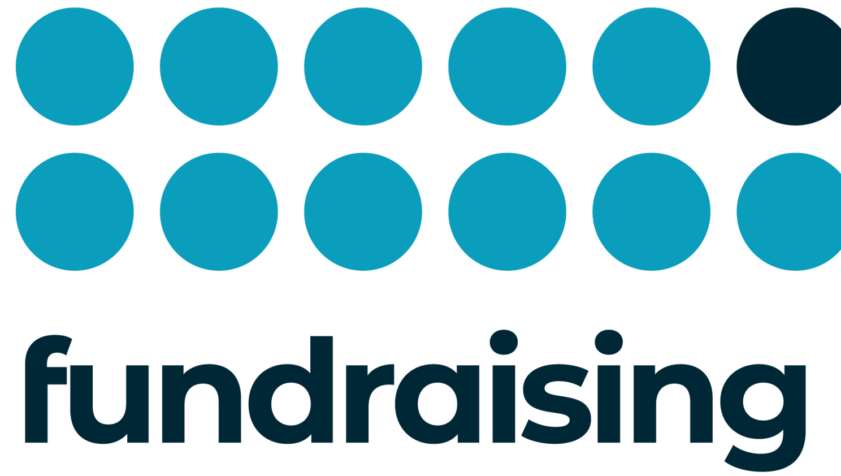Usually, when people graduate the high-school, they are at the top of their knowledge. For some reason same applies to some founders who think that fundraising can be done free – without any cost and people who have designed dedicated services to fundraise are charging too much money.
The cost of free
One could say, some people have a strong beliefs that there are free lunches also. Even if it’s not so at all. Ignorance and stupidity are not forces that generate long-lasting prosperous relationships and skyrocket your venture. Do founders have alternatives to hire external consultants and help? Sure! They can learn the game themselves in and out. They can spend time and money on making mistakes they can’t fix ever, yet they might become masters at the game of fundraising.
The decision is yours in its bad and good
At the end of the day it is a decision to make, which has its consequences founders have to live with. And it’s not free in any ways. It is a smart job to close a round and it requires lots of peoples’ help to do it fast and right for you. Can’t say I am at the top of the knowledge myself. Can say, I’ve learned a lot unknown to me in past few years. I’ve seen lots of questionable strategies and going under the bar just because they got the money to proceed. I’ve seen ugly things happening, I’ve seen smooth roads.
What am I after here
There are lots of people who have done it multiple times, tens or even hundreds, who have mastered the processes and have found varieties of strategies and setups how to get better results for lesser effort. For founders it means saving on time and costs because they have delegated a job to capable crew, so founders can concentrate on their startup and things that have the highest impact possible. One might ask – why did they bather? Why they tried to do something that founders tend to do?
My point here is that as investing is a group sport, so is fundraising. One could make friends and partners of the go who support the process all the way or not. But no way it happens without “oiling the machine” or one has to do it all by her/himself, which means it takes longer time, which therefore raises questions – what is wrong there, which raises the risk of abandonment from investors after all. I’ve heard many founders sharing their lessons and one of these has been: “don’t slide off the edge, as getting back to the edge is veeeeeery tricky and might not be possible even if you’re extremely hard worker”.
Key aspects to monitor while fundraising
- Public awareness – helps to attract better investors
- Message – the pitch, the offering, the greater good
- Speed – and smoothness of the investing process
- Platform – how and where investors can invest
- Lead investor(s) – investors with social capital (to gain/lose)
- Ask – defines the size of the challenge and the belief in success
- Timing – might contextually key factor
- Purpose – what for you raise
Knowing answers or having processes or partners to these questions might make your road much faster or way more bumpier. No doubt it will educate you and you can brag about your scars later at fireside talks. But, I’d recommend to think it through before getting any unnecessary scars. And you do remember – there are always at least 3 options to apply for.



